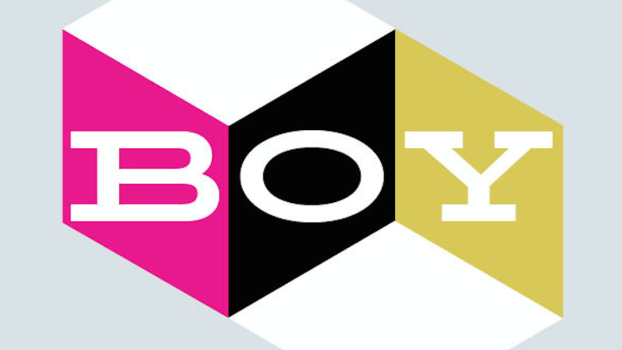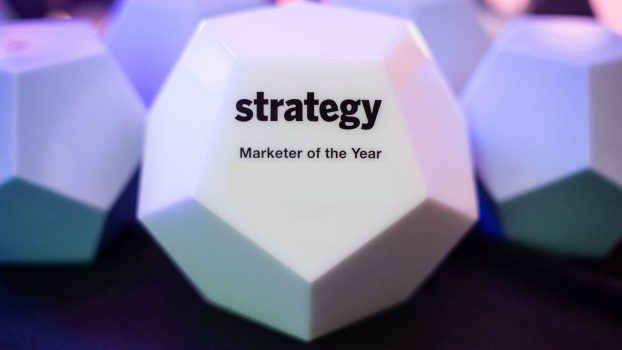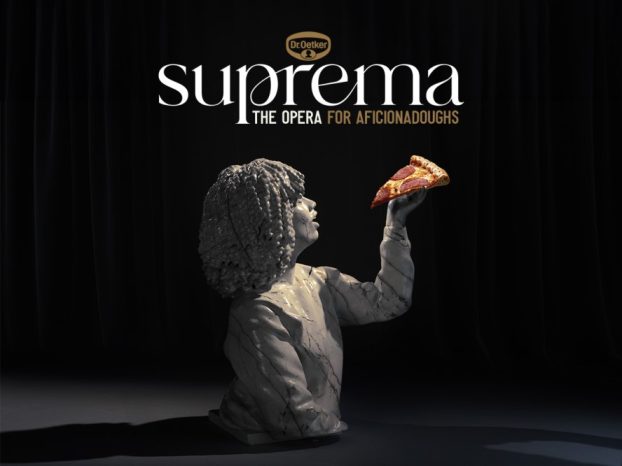By Thomas Kenny
 November 8, 2016 didn’t go as planned. The thing so many thought would happen, didn’t happen. Or perhaps more accurately, the thing so many believed was totally inconceivable, did happen. The polls got it wrong.
November 8, 2016 didn’t go as planned. The thing so many thought would happen, didn’t happen. Or perhaps more accurately, the thing so many believed was totally inconceivable, did happen. The polls got it wrong.
Trump won, Clinton lost. Up is down, left is right. Cats and dogs living together. Mass hysteria.
In the wake of the biggest collective misjudgement in recent memory, there’s been a lot of head scratching about how we got it wrong that’s gone beyond the political sphere, including some on what this means for advertising.
If we all so deeply misjudged the hopes, fears and aspirations of so many politically, might we also be misjudging how we should be connecting with them through our advertising? Do we have a clear picture of who we’re talking to, what’s important to them, and what role our brands play in their lives? If the pundits and pollsters got it so dramatically wrong, it seems unlikely that our focus groups and consumer research are any better.
Clearly, there is a need to recalibrate. While several brands have already launched campaigns intended to resonate in our new cultural landscape, it’s probably too soon to tell which have been successful in actually connecting. So where instead can we look to better understand the stories we want to be told, the lessons we want to learn, the vacations we want to take from our daily lives?
The answer is all around us. Popular culture offers advertisers a steady stream of consumer stimulus often with built-in, real-time measurement. So what then can movies, television and music tell us about the condition our collective condition is in.
Starting with television, one of the biggest TV news stories of the past few months has been the dramatically changing late night landscape. A resurgence that began immediately following Trump’s election culminated a few weeks ago when the Late Show with Stephen Colbert surpassed its rival The Tonight Show Starring Jimmy Fallon in ratings for the first time since its launch in 2015. Much has been made of how our present cultural climate is hungry for Colbert’s more politically conscious, biting approach to comedy compared to Fallon’s toothless, albeit amiable, brand of humour. Similarly, Saturday Night Live has seen its highest ratings in six years as it has increasingly taken on the issues of the day compared to more character driven fare of years past. Further evidence of our current news hungry state is the recent surges the New York Times and Washington Post have both seen in online subscriptions and web traffic respectively.
The big screen has also seen a boon for movies offering more than just surface level distractions. The biggest box office story so far this year has been the success of Jordan Peele’s Get Out, which has grossed over $140 million so far off a production budget of less than $5 million. While playing with traditional horror tropes, the film offers a biting commentary on race relations. Peele has been calling his film a “social thriller,” which is an apt descriptor given how successfully it infuses old fashioned scares with an exploration of the racial alienation that has been pushed to the cultural forefront – first with the Black Lives Matter movement, then more recently with the wave of thinly veiled xenophobia washing across North America.
[iframe_youtube video=”DzfpyUB60YY”]
Perhaps to a lesser extent, popular music has also seen artists increasingly appealing to hearts and minds over just getting butts on the dance floor. While not always overtly political, recent critical and commercial successes from artists like Beyonce, Frank Ocean, and Kendrick Lamar serve as commentaries on the extent to which our culture has shifted in the past year.
These examples all point to a recurring theme: the comparatively carefree, halcyon days of recent years are behind us. They have been replaced by more complicated and conflicted times where the public is more socially, politically and culturally engaged than ever. This growing “woke-ness” is increasingly being reflected in our popular culture, and it stands to reason that our brands – and by extension our brand advertising – should follow suit.
Brands looking to make deeper connections with consumers and embed themselves in our culture will need to represent more than just the functional benefit they offer to consumers. This emotional connection brands should be seeking might not be political but it must be substantive. It will need to tap into real desires, fears and ambitions.
Which isn’t to say that trivial diversions will disappear altogether – they won’t and they never will. But there is an acute opportunity today that didn’t exist in recent years past for a richer, more enduring, more intimate connection to be made. Current pop culture suggests that we’re craving icons and experiences that represent something bigger than themselves. And brands with purpose that tap into this desire will be rewarded.
Thomas Kenny is VP of strategy at BBDO in Toronto.























